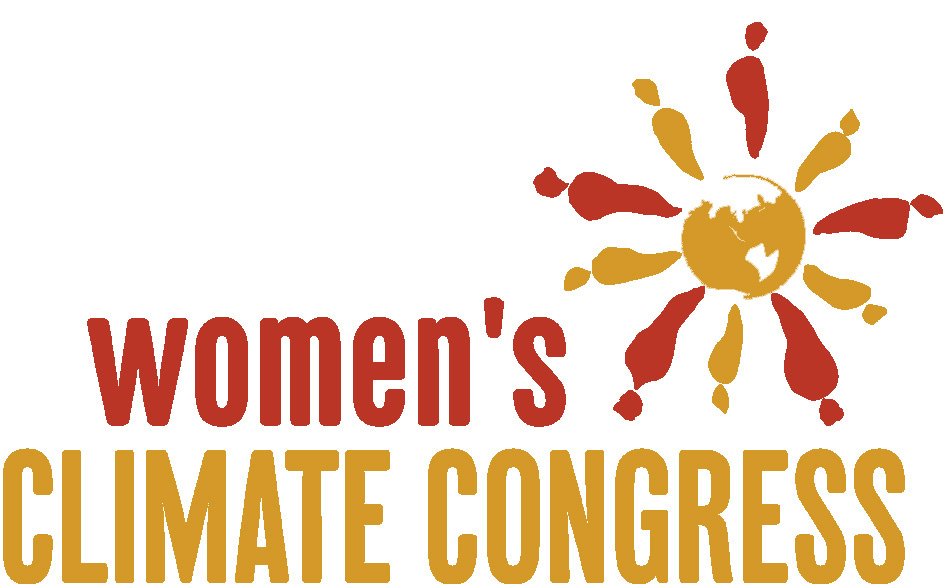How the women of 1915 speak to us in the 21st century: We move forward by looking back
Response to Janet Salisbury’s discussion paper:
Independent mediation for united action on Climate Change
In 1915, just as the War was heating up – the War that we now know abruptly ended the Golden Age in Europe, cost 40 million lives, impoverished nations and set the stage for even more tragedy over the next century – a group of women came together to try to stop it.
They came from many countries, including countries that were fighting each other, but they were united in their determination that their sons, husbands, fathers should not die.
They carried forward a proposal, based on the writing of Julia Grace Wales, to establish a council of members from the neutral countries to continuously mediate amongst the belligerents until a solution was found to end the war [1]. They knew that the task was difficult, but for them, it was absolutely the right thing to do.
Ultimately, the women didn’t stop the war [2]. Nevertheless, many of the key principles framed in the Congress Resolutions, including self-determination for nations, open trade and arms reductions, are found in Woodrow Wilson’s 14 Point Plan, which was the basis of the 1918 Armistice and proposed a League of Nations [3]. The calls for equal political rights for women and strong condemnation of war continue to be implemented in international and domestic laws.
The women of the 1915 International Congress provide a light from the past as we move forward in a time of crisis. In her discussion paper that stimulated the creation of WCC[4], Janet Salisbury highlights their example, in particular the proposal by 33-year-old Canadian Julia Grace Wales for a council of experts from neutral countries to mediate a way to end the war (‘continuous mediation without armistice’[5]).
Janet proposes a path forward for the 21st century on the issue of climate change along similar lines: no blame or attribution of fault, focussed on the future, in collaboration and cooperation.
Tempering idealism with practicality, the writing of Julia Grace Wales inspires us. Three of her remarks in particular fired my imagination.
Imagine that the belligerents woke one morning able to understand the motives that drive the other to war.
Imagine if we woke one morning, freed from a mindset of distrust, able to understand the love for the natural world, the desire for a sustainable future and the fear for future generations that drive some in this debate on the one hand, and the love for the natural world, fear of loss of livelihood and fear of economic collapse that drive others.
WCC aims to bring together women from different viewpoints, desiring to move forward in our discussions with understanding of the other, compassion for each other’s fears and trust in our common cause, while still leaving room for differences of opinion. How much more rich will those discussions be!
Imagine if the belligerents recognised the futility of revenge, etc and the advantages of cooperation.
We have seen something of this recently: in the science-led, nonpartisan approach of governments to the COVID-19 pandemic. All over the country, people have responded well to updates from the National Cabinet, seeing politicians from different parties uniting in the common goal of containing the virus with minimal economic damage, always prioritising human life. Approval for state and federal politicians has been at record highs.
I see WCC as working to amplify the voices calling for a continuation of this type of policy making. We want our leaders to be focussed on the problem at hand, informed by science and motivated by compassion. We want to move forward together, leaving room for differences in implementation, repairing divisions rather than inciting them.
Finally, Julia Grace Wales spoke about bringing the moral forces of the world to bear.
This is an idea that I find liberating – imagine if politicians took decisions not because they played well on TV, or appealed to their donors or resonated in marginal electorates, but because they were the right thing to do!
This thought is tremendously exciting to me: instead of fighting the system we can turn together to address the problems that beset us now and threaten the future of young people. This is a moment for creativity and innovation, to restart the economy so that it sustains us and the living world around us.
Julia Grace was told: ‘It’s never been done before, to stop a war! We need a winner and a loser’. She responded: ‘It’s never been done before, but this is how we can do it.’
We are told: ‘To prioritise nurture of the Earth– it’s never been done before! It will kill jobs and prosperity!’ WCC responds: ‘We will prioritise nurture of the Earth and in the process, create jobs and sustainable, regenerative development. This is how we can do it!’
References:
[1] Julia Grace Wales – Canada’s hidden heroine and the quest for peace 1914-18, Mary J Woodard Bean, Borealis Press, Ottawa, Canada, 2005.
[2] See https://encyclopedia.1914-1918-online.net/article/pacifism?versi for an interesting description of the Women’s International Congress and the conference of neutrals sponsored by Henry Ford, in the context of early 20th Century pacifism.
[3] https://www.ourdocuments.gov/doc.php?flash=false&doc=62
[4] Independent mediation for united action on climate change, Janet Salisbury, first circulated October 2019.
[5] Continuous mediation without armistice (also known as ‘The Wisconsin Plan’), Julia Grace Wales, 1915.

